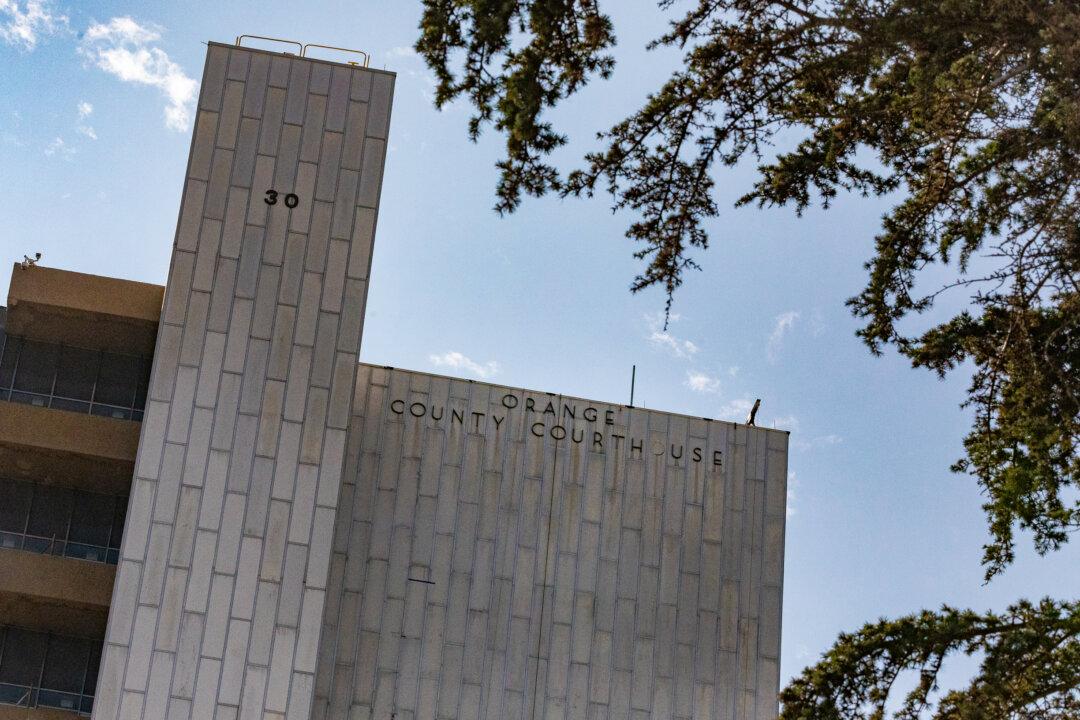Two men were convicted March 27 in the brutal beating death of a homeless man in Westminster whom they found sleeping on a couch.
Christian Huerta, 24, of Huntington Beach and Andrew Holguin, 26, of Midway City were convicted in the June 20, 2019, killing of 45-year-old Duc Le.





